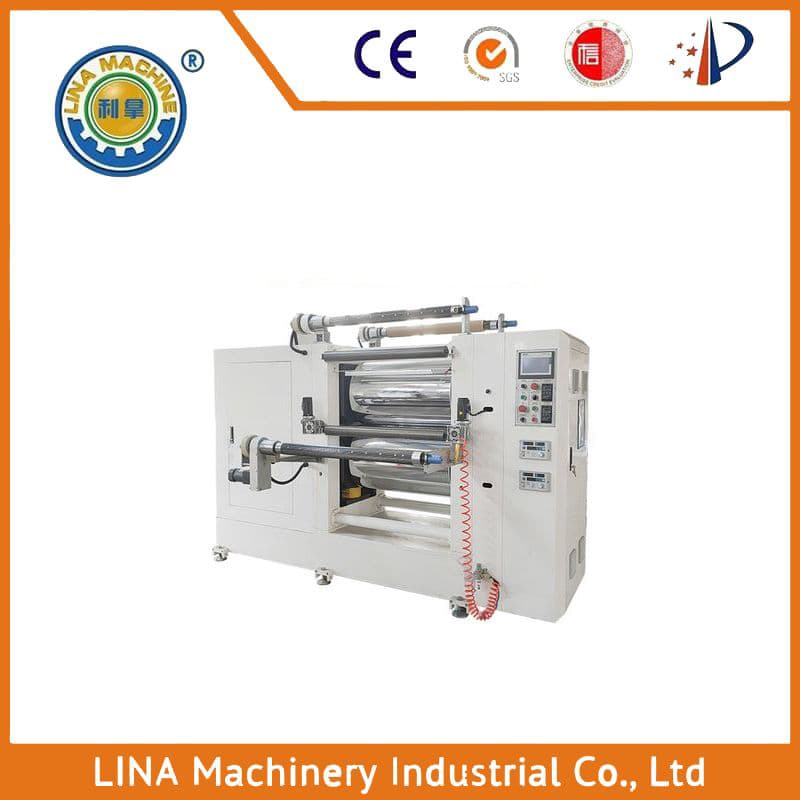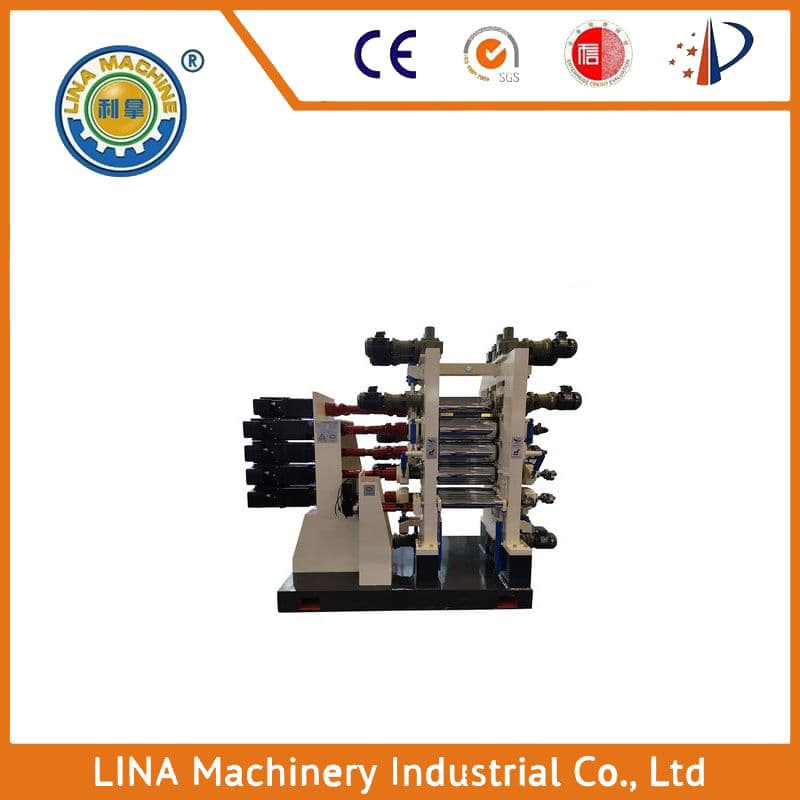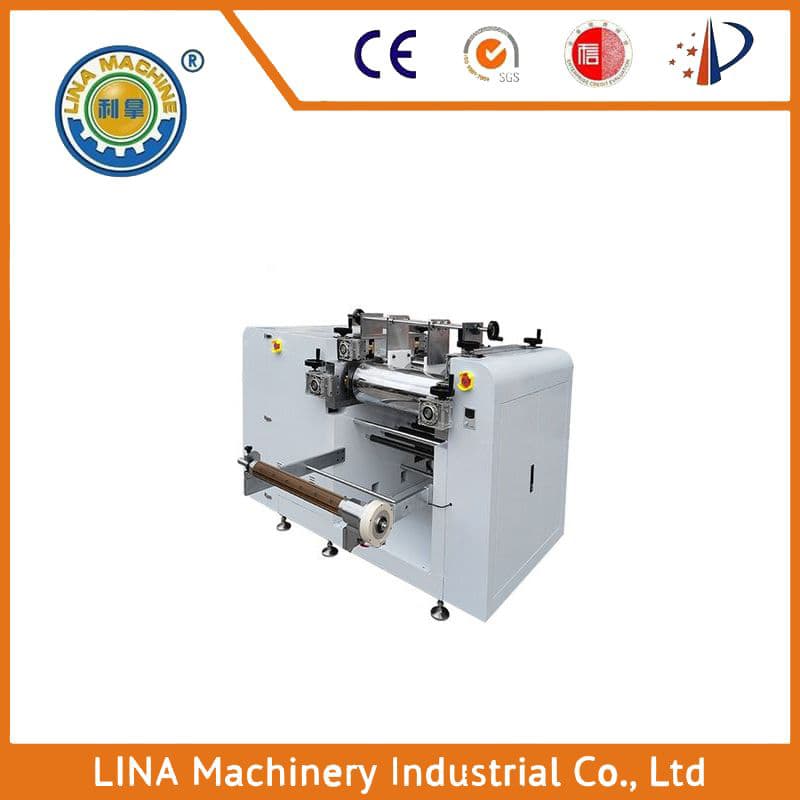The Laboratory Rolling Mill: A Revolutionary Tool for Material Processing
The laboratory rolling mill is a versatile and efficient tool that has revolutionized the way materials are processed in laboratories. This machine is designed to perform a wide range of operations, including rolling, drawing, extrusion, and shaping, on various materials such as metals, plastics, and composites. Its compact size and user-friendly interface make it ideal for small-scale research and development projects.
One of the key features of the laboratory rolling mill is its ability to handle a wide range of materials with different properties. This makes it an ideal tool for researchers who need to test the performance of new materials or optimize existing ones. The machine's adjustable parameters allow for precise control over the process, ensuring consistent results and accurate measurements.
In addition to its technical advantages, the laboratory rolling mill also offers cost-effectiveness. Compared to other processing methods, such as casting or machining, the rolling mill requires fewer raw materials and produces more uniform products. This not only reduces waste but also saves time and money for the researcher.
Another advantage of the laboratory rolling mill is its flexibility. It can be used for a variety of applications, from simple experiments to complex manufacturing processes. This makes it a valuable tool for students and researchers who need to explore new materials and technologies.
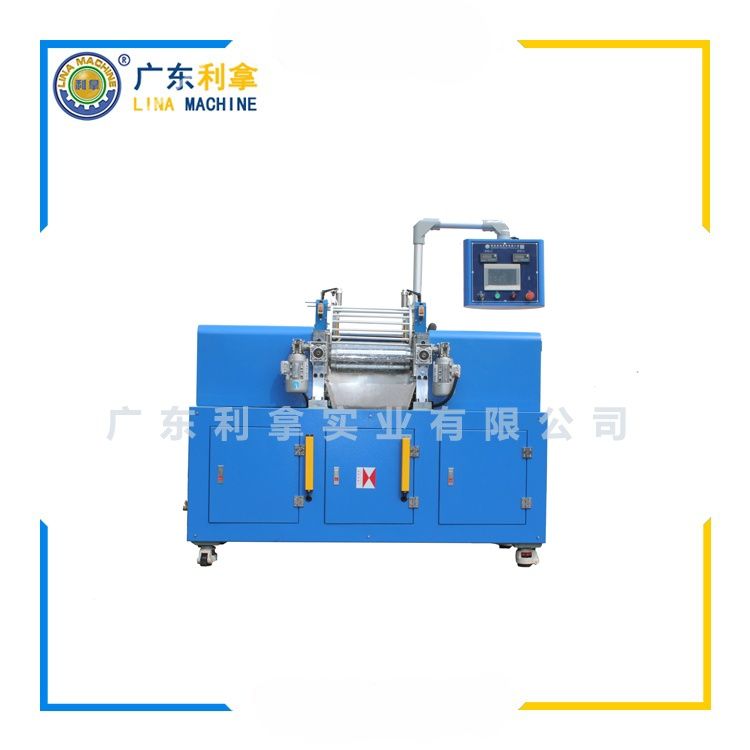
Finally, the laboratory rolling mill is easy to maintain and operate. Its components are designed to be durable and reliable, making it suitable for use in high-pressure environments. Additionally, its user-friendly interface makes it easy to learn and use, even for those with limited experience in material processing.
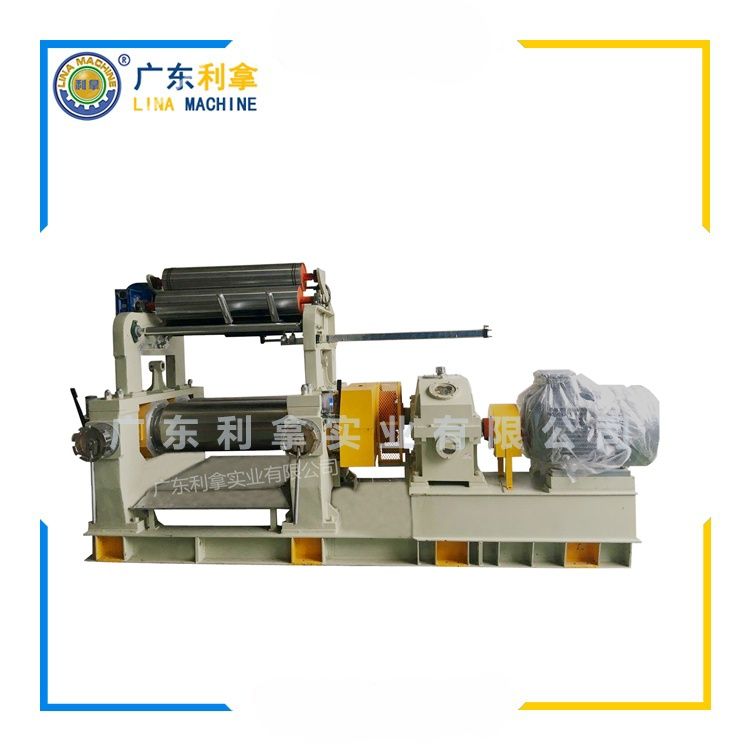
1. Laboratory Rolling Mill
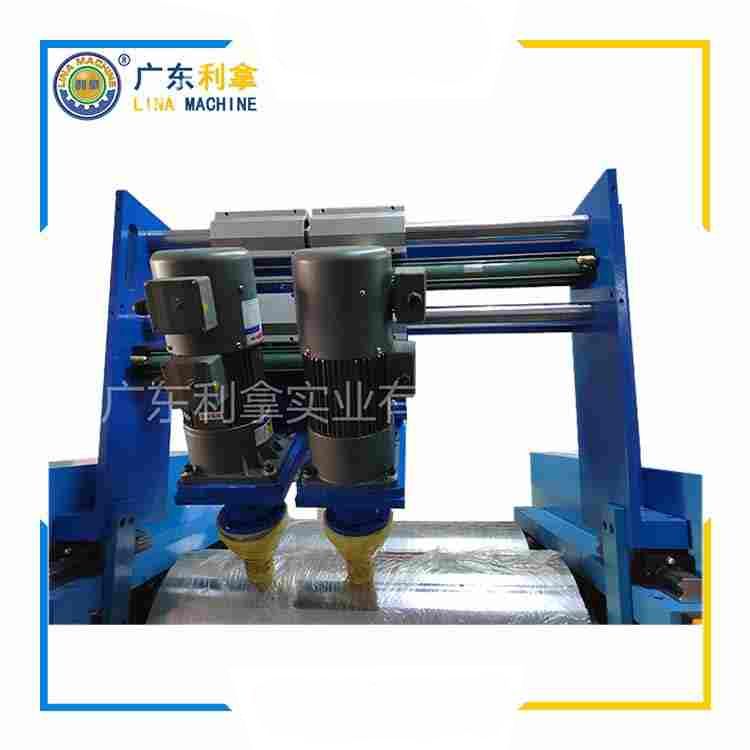
2. Material Processing
3. Compact Machinery
4. User-Friendly Interface
5. Cost-Effectiveness
The laboratory rolling mill is a highly versatile and efficient tool for material processing in laboratories. With its compact size and user-friendly interface, this machine is perfect for small-scale research and development projects. Its adjustable parameters ensure precise control over the process, resulting in consistent results and accurate measurements. In addition to its technical advantages, the rolling mill is also cost-effective and flexible, making it a valuable tool for students and researchers who need to explore new materials and technologies. Overall, the laboratory rolling mill is an essential tool for anyone involved in material processing research.


